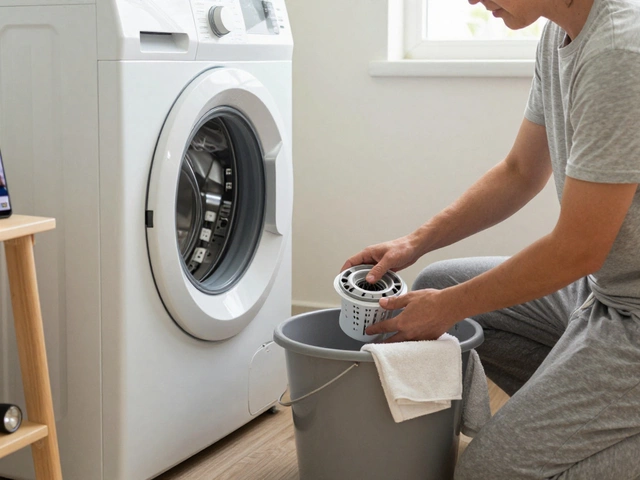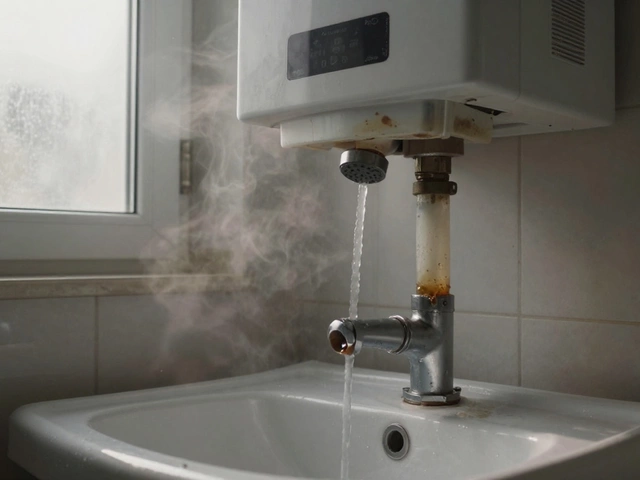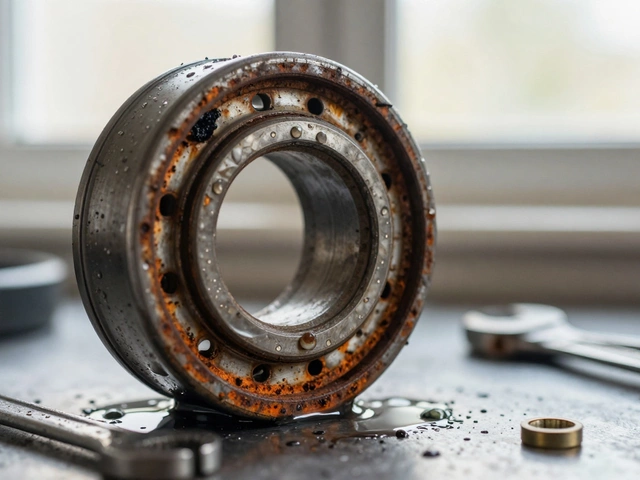Can You Repair a Washing Machine Yourself? A Realistic Guide for New Zealand Homes
December 4 2025Kitchen Extractor Fans: How to Keep Them Working Smoothly
If you've ever cooked a big meal and felt the kitchen fill with steam and smells, you know how handy a good extractor fan is. But like any appliance, it needs a little love to stay effective. In this guide you'll get straight‑forward tips on cleaning, spotting trouble, and deciding when it's time to call a certified gas engineer.
Regular Maintenance Keeps Grease Away
Most fans have two parts that collect dirt: the visible filter and the hidden motor housing. Every 1‑3 months (depending on how often you cook), pull the filter out and soak it in warm soapy water. Give it a good scrub, rinse, and let it air dry before snapping it back in place.
While the filter is out, peek inside the housing. Grease can build up on the fan blades and block airflow. A soft brush or a vacuum with a narrow nozzle will clear most of the grime. If the fan still sounds weak after a clean, a quick check of the wiring connections can reveal loose screws or corroded contacts.
Don't forget the exterior vent. Outdoor vents can get clogged with leaves, dust, or even bird nests. A garden hose on a gentle spray can flush out debris, but be sure the power is off before you start.
Common Problems and Quick Fixes
"My fan stopped working" is a common call we get. The first thing to check is the power supply. Is the switch flipped? Is the fuse or circuit breaker tripped? Resetting the breaker often restores power.
If the fan runs but feels noisy, the motor bearings may be worn. A few drops of light oil on the motor shaft can quiet things up, but only if the fan is designed for lubrication. Otherwise, the motor likely needs replacement.Another frequent issue is reduced suction. This can be caused by a clogged filter (as mentioned above), a blocked duct, or a bent duct section. Straightening the duct and making sure there are no kinks restores airflow.
When you notice a burning smell or sparks, turn the fan off immediately and unplug it. This signals a serious electrical fault that requires a professional.
When to Call a Professional
Most routine cleaning you can do yourself, but many problems need a certified gas engineer. If you see any of the following, pick up the phone:
- Repeated motor failures after a fresh filter clean.
- Electrical issues like tripping breakers, flickering lights, or scorch marks.
- Any suspicion of gas‑related components (some high‑end extractor fans have gas‑heated elements).
- Unclear warranty terms – many manufacturers require a professional service to keep the warranty valid.
Our team at Bedford Gas Appliance Repair Services can diagnose the fault, replace worn parts, and ensure everything meets safety standards. We work quickly, so you’re not left cooking in a smoky kitchen.By keeping the filter clean, checking the vent, and paying attention to odd noises or smells, you’ll extend the life of your extractor fan and avoid costly repairs. If anything feels out of line, don’t hesitate to call a qualified engineer – it’s the safest, most reliable option.
Remember, a well‑maintained extractor fan not only keeps your kitchen fresh, it also helps prevent mould, condensation, and excess humidity, all of which protect your home’s structure. A little routine care now saves you time, money, and headaches later.
 20 Sep
20 Sep
How Long Do Kitchen Extractor Fans Last? Lifespan, Maintenance, and Replacement Guide (NZ)
Wondering how long your kitchen extractor fan lasts? Get real lifespan ranges, what shortens or extends them, NZ costs, maintenance tips, and repair vs replace advice.
Read More...



